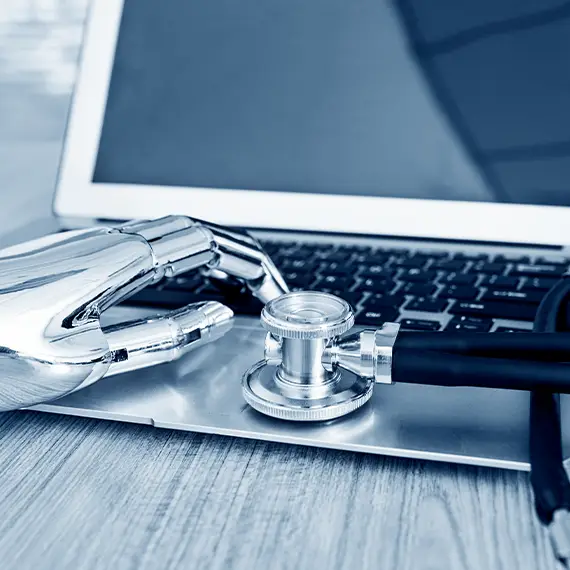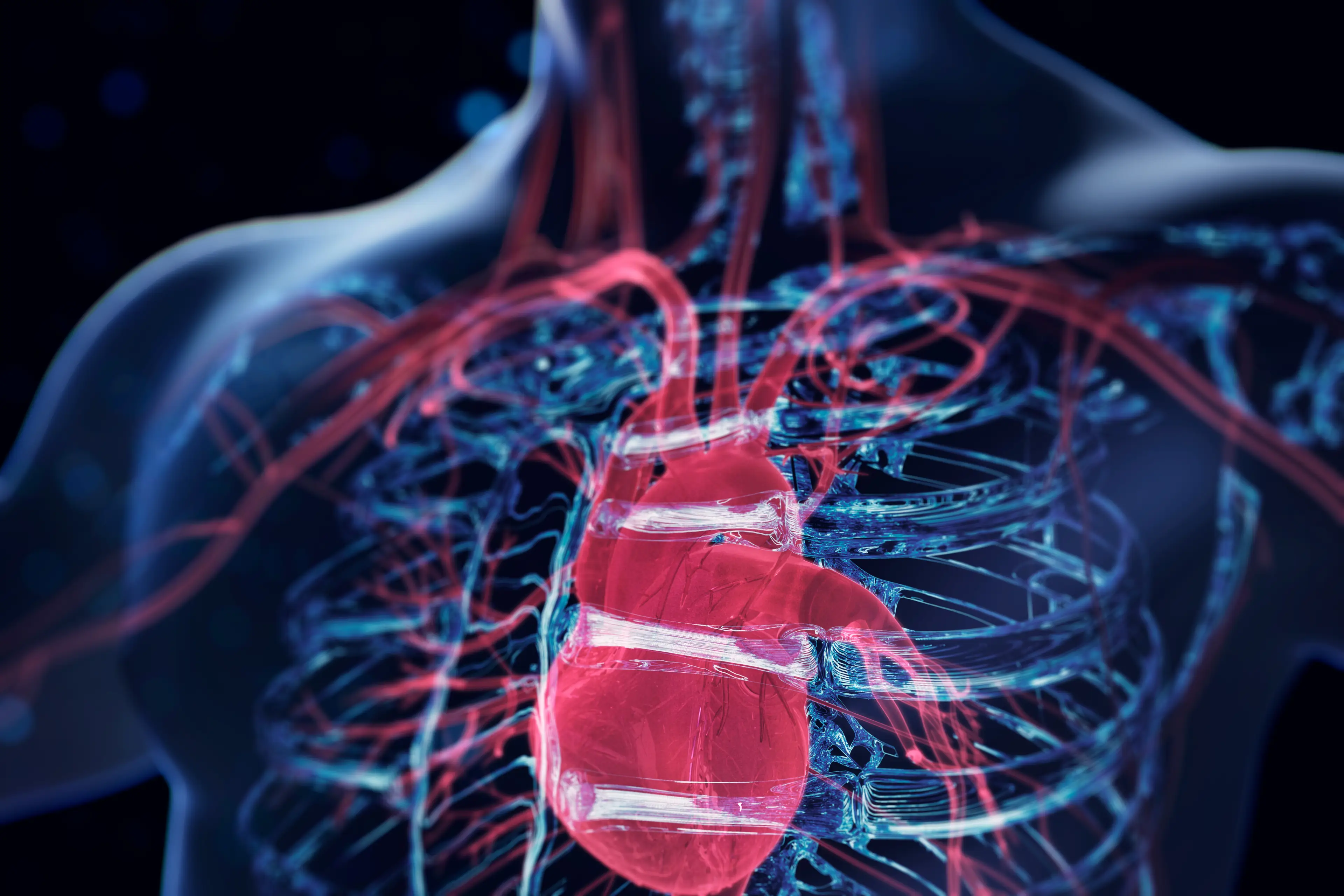
To be fair to artificial intelligence, we spend a lot of our time looking on the negatives instead of the positives. From ChatGPT warning that AI could usurp the human race to the idea that we're all characters living in an AI simulation, you can't blame us for being worried about where this tech is heading.
More than just AI's threat to wiping us off the face of the planet, there are the day-to-day fears that AI will take our jobs. Artists, journalists, accountants, voice actors, coders, paralegals, and more are all in danger of being replaced by the Terminator, although some roles seem safe.
When it comes to the health profession, you'd expect that doctors would be secure. After all, you tend to want that human touch when describing your health issues or being given a diagnosis.
However, it turns out AI could soon do one thing that doctors can't (realistically do) by predicting when we'll die.
Advert

Unless you believe in psychic powers, it's hard to predict exactly when someone will shuffle off this mortal coil.
The United Kingdom's National Health Service is reportedly trialing a 'superhuman' version of AI that can supposedly predict the risk of disease and early death.
By using generic heart test results, the AI will then flag patients who might need further tests.
If the trial is a success, the AI-ECG risk estimation (Aire) program could be rolled out across the NHS in five years.
More than just generating nightmarish artwork of the world's 'most attractive' man, AI could have some real-world uses in advancing the health industry.
Aire reads electrocardiogram (ECG) tests to analyze someone's heart rate, rhythm, and electrical activity. More than just pinpointing early heart disease in children, it can theoretically identify myocardial infarction in adults.
As the study says: "AIRE predicts not only risk of mortality, but time-to-mortality." Aire was able to predict the patient's risk of death in the next 10 years based on ECG results in 78% of cases. It tested 1.16 million ECG results from 189,539 patients.

This suggests that it could tell you how long your ticker has left ticking by detecting problems in the structure of your heart that doctors might not be able to spot.
Having been trialed in America, the UK, and Brazil, the study adds: "AIRE is an actionable, explainable and biologically plausible AI-ECG risk estimation platform that has the potential for use worldwide across a wide range of clinical contexts for short- and long-term risk estimation."
As for this being the future of monitoring our hearts, the potential definitely seems to be there. Speaking to the PA news agency, Dr Fu Siong Ng, a reader in cardiac electrophysiology at Imperial College London and consultant cardiologist at Imperial College Healthcare NHS Trust, said the vision is that any ECG taken in the next five to 10 years will be run through the Aire model: "If, for example, it says you’re at high risk of a specific heart rhythm problem, you could be more aggressive in preventative treatment to prevent it from happening.
"There are some linked to weight, so you can put them through weight-loss programmes. You might even think about earlier medical treatments to prevent things from progressing, but that will be the subject of the clinical studies that we plan to do."
Although this is just the start of AI's potential in terms of revolutionizing our health, it's refreshing to have a positive story instead about artificial intelligence going rogue and leading to our ends.